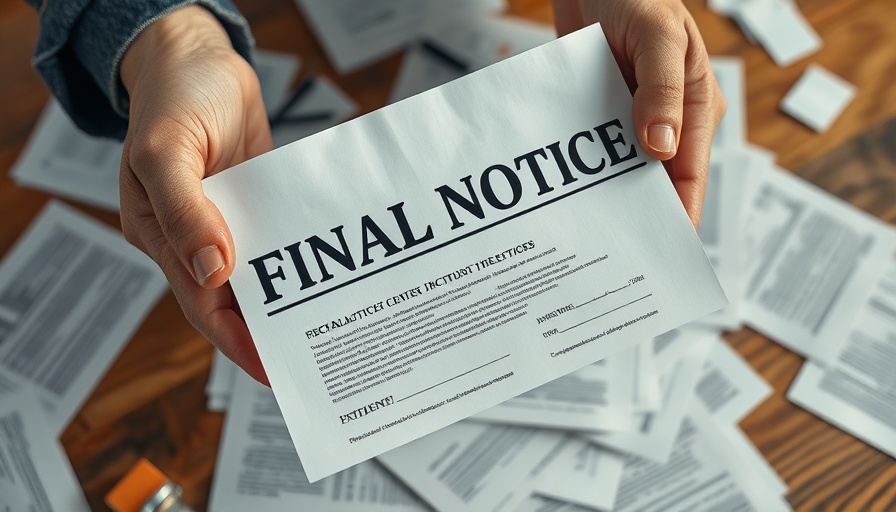
Understanding Debt Collectors: Their Role and Impact
Debt collectors play a crucial role in our financial ecosystem, facilitating the recovery of unpaid dues on behalf of creditors. You may be surprised to learn that debt collectors aren’t just collectors; some also purchase debts outright, classifying themselves as creditors. It’s vital for both businesses and consumers to understand how these agencies operate, so they can effectively navigate debt-related challenges.
Types of Debt Collection Agencies
There are two main categories of debt collection agencies: third-party collection agencies and debt buyers. Third-party collection agencies typically work under contract from creditors to recover overdue payments. They earn commission or flat fees based on their success in recovering the debt. Conversely, debt buyers purchase delinquent debts from creditors often for a mere fraction of the total amount owed, allowing them to act as individual creditors. The profit for debt buyers comes from their ability to collect the full amount owed or negotiate settlements less than the original total.
How Debt Collectors Get Paid
The revenue structure for debt collection agencies mainly revolves around three models:
- Commission-Based Payment: Agencies typically charge between 25% to 50% of the total amount recovered. The commission fluctuates based on factors such as the age of the debt and the amount involved.
- Flat Fees: Some agencies charge a predetermined fee for each account managed, regardless of the outcome of the collection efforts. This model guarantees that agencies are compensated for their work but may not always align with the interests of creditors.
- Contingency Models: In this model, agencies only receive payment if they successfully recover the debt. This incentivizes agencies to use more aggressive tactics in pursuing their collections.
Debt Buyers: Profitability and Risk
When debt buyers purchase delinquent debts, they often do so at pennies on the dollar. For instance, they might acquire $1,000 worth of debt for as little as $50. Their goal is to recover more than they spent on purchasing the debt, making efficient collection practices essential. However, it’s critical to note that debt buyers frequently deal with older debts that creditors have already written off. Some might fall into the category of “zombie debt,” which refers to debts that may be beyond the statute of limitations for collection. While debt buyers can strive to collect these, they must comply with legal boundaries and avoid unethical practices.
The Engagement of Creditors and Collectors
Initially, creditors will attempt to recover overdue debts using their internal teams. If unsuccessful, they may then engage third-party collectors to assist. Alternatively, creditors sometimes sell uncollectible debts at a discounted rate to third-party debt agencies. This transfer can help relieve creditors of the burden of collecting, while providing collectors with the chance to turn a profit.
Debt Management Tips for Consumers
Understanding how debt collectors make money can empower consumers to manage their debts effectively. Here are a few important debt management strategies:
- Negotiate with Creditors: It’s often possible to negotiate with creditors or collectors for lower payments or settlements on debts.
- Consider Debt Consolidation: Combining multiple debts into a single loan with a lower interest rate might make repayment more manageable.
- Explore Credit Counseling Services: Professional assistance can help develop a personalized debt management plan tailored to financial situations.
The Bottom Line: What You Need to Know
In summary, understanding the world of debt collectors is essential for both creditors and consumers. With awareness of the industry practices and available options, consumers can take proactive steps towards managing their debts better. The path to financial health might be lengthy, but knowledge is a powerful tool in overcoming debt challenges.
 Add Row
Add Row  Add
Add 



Write A Comment